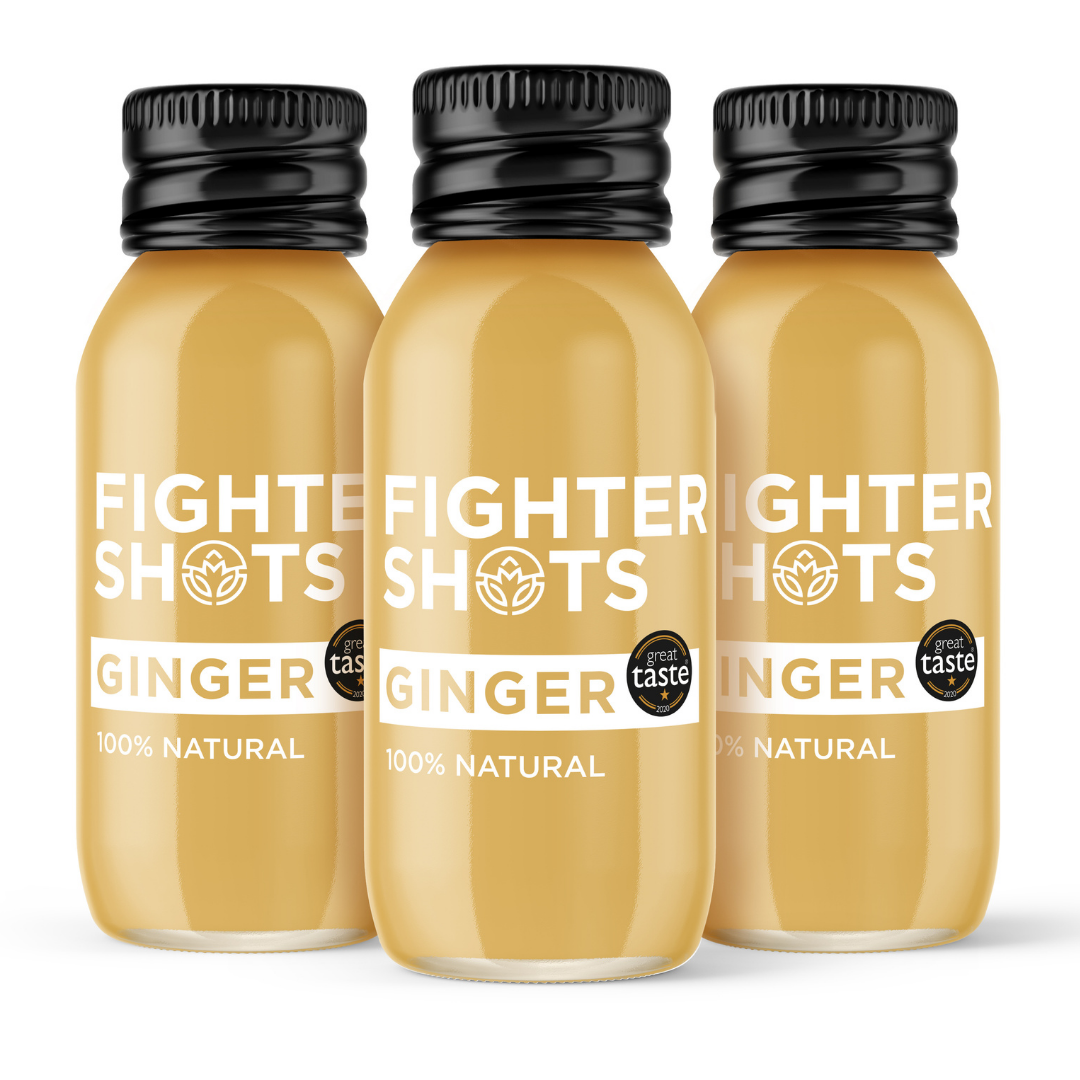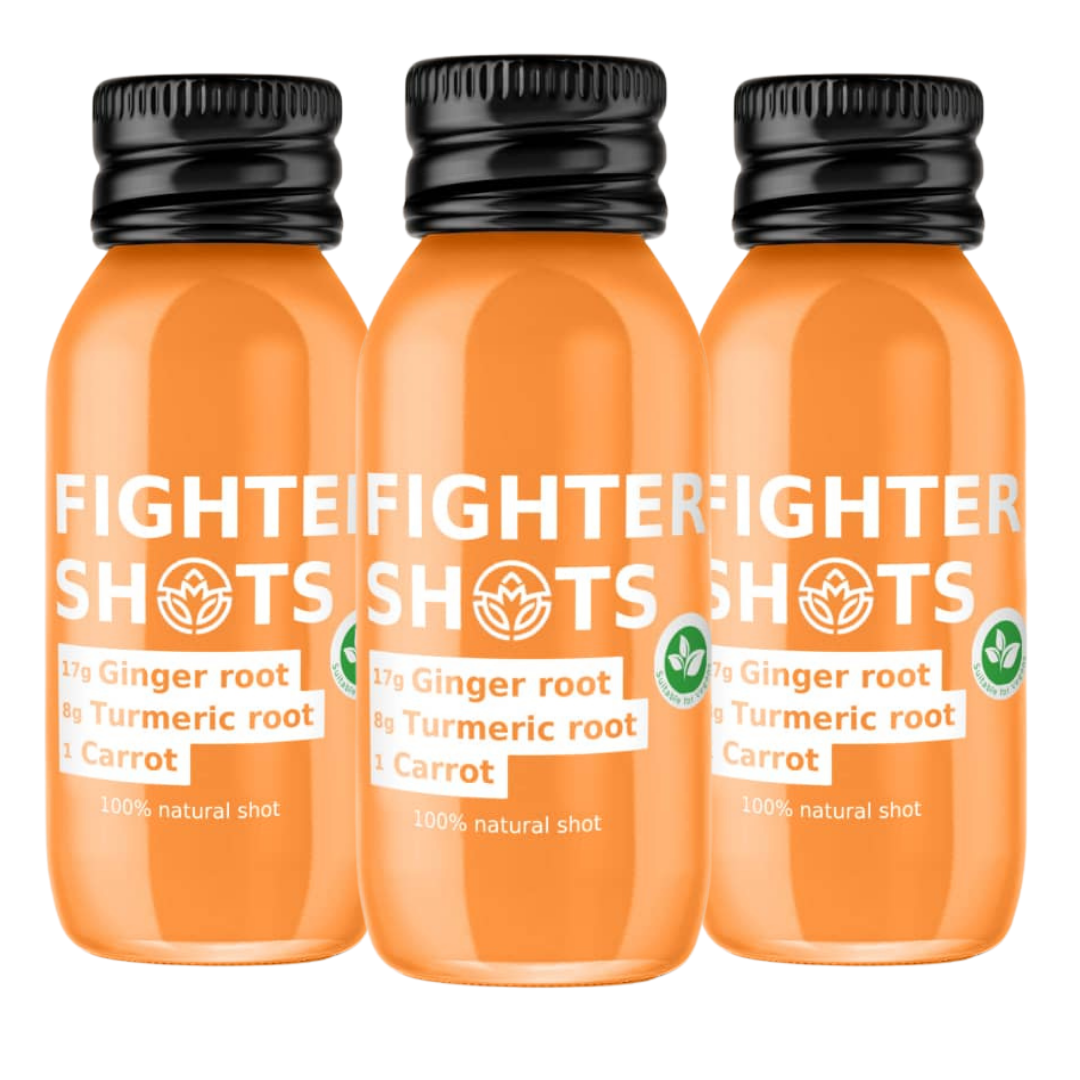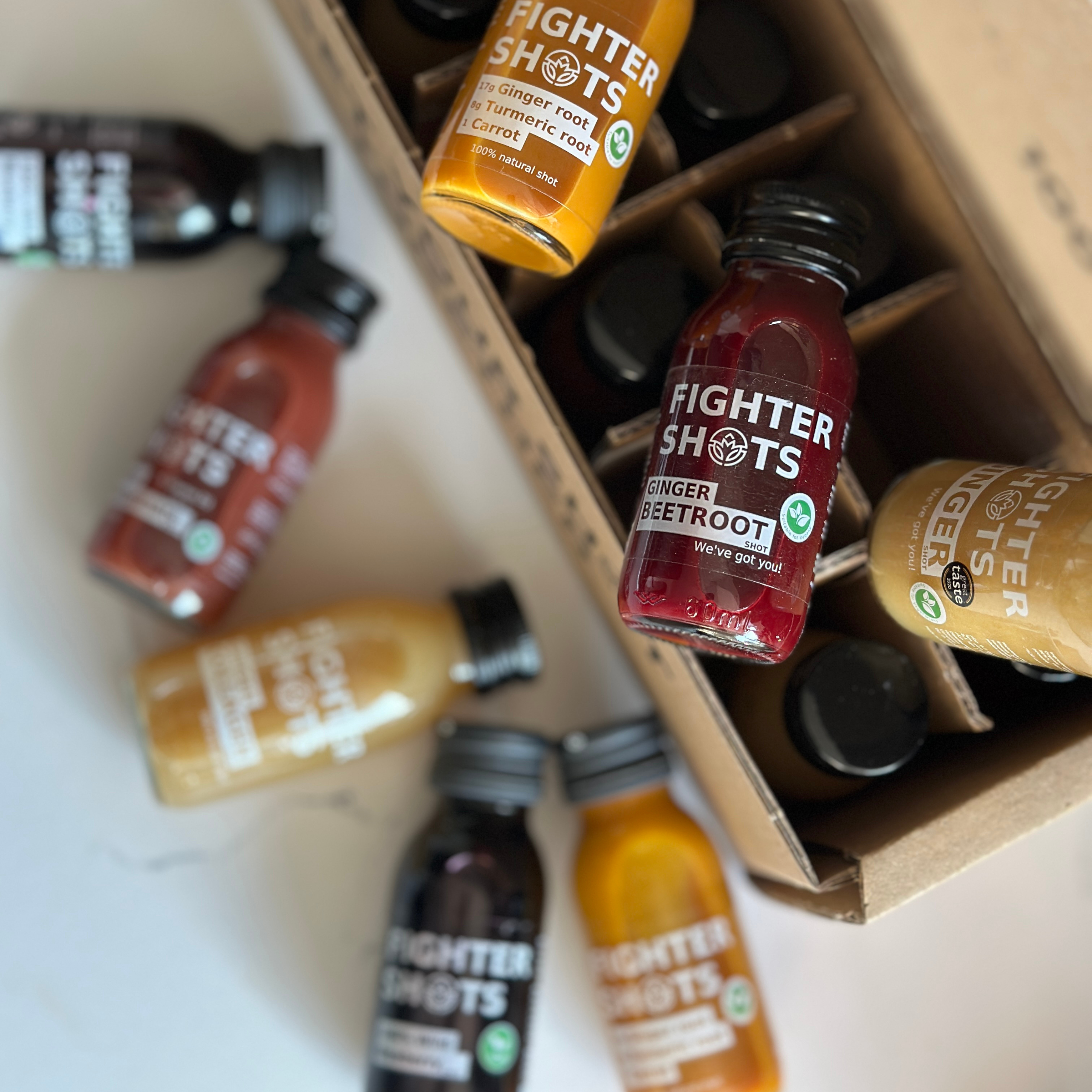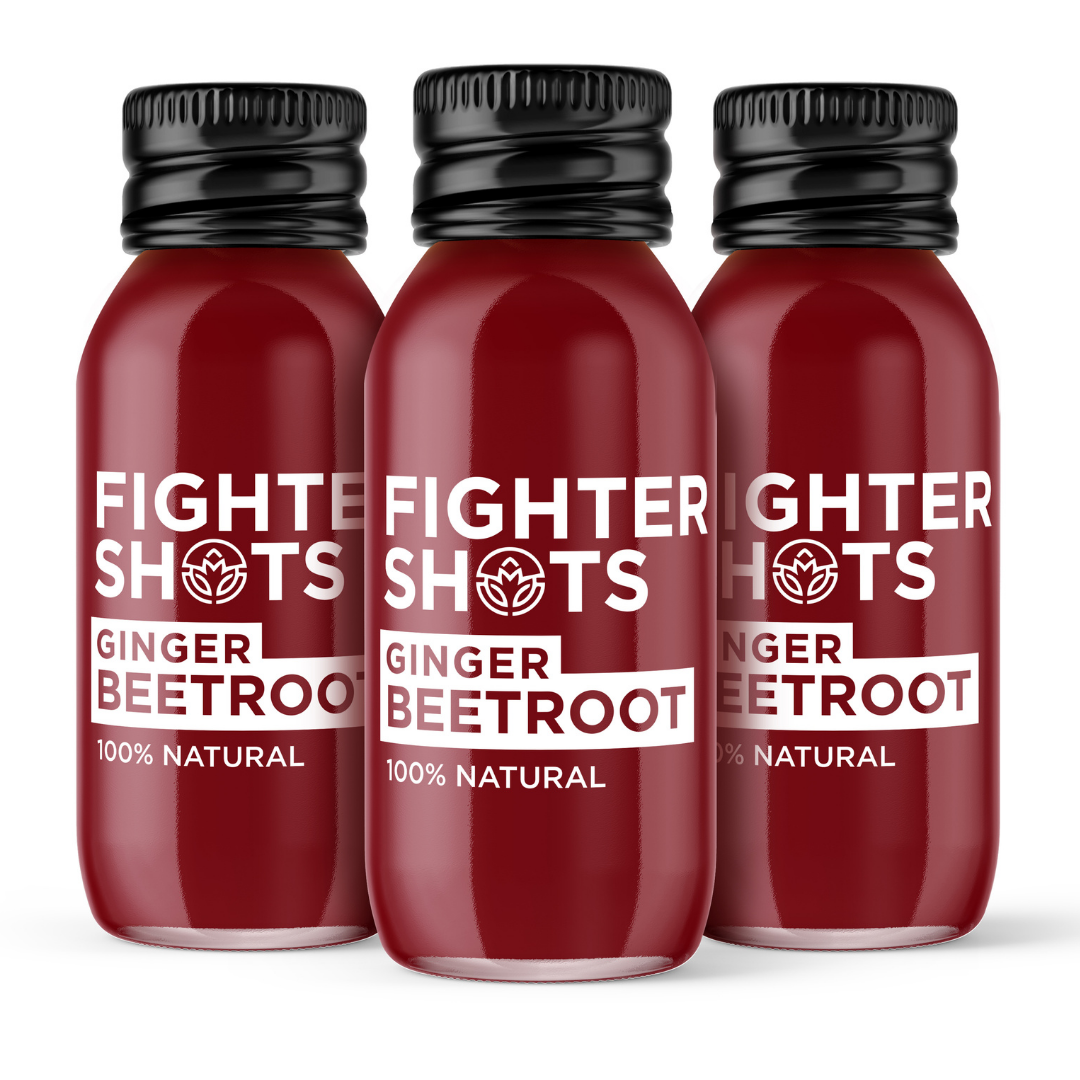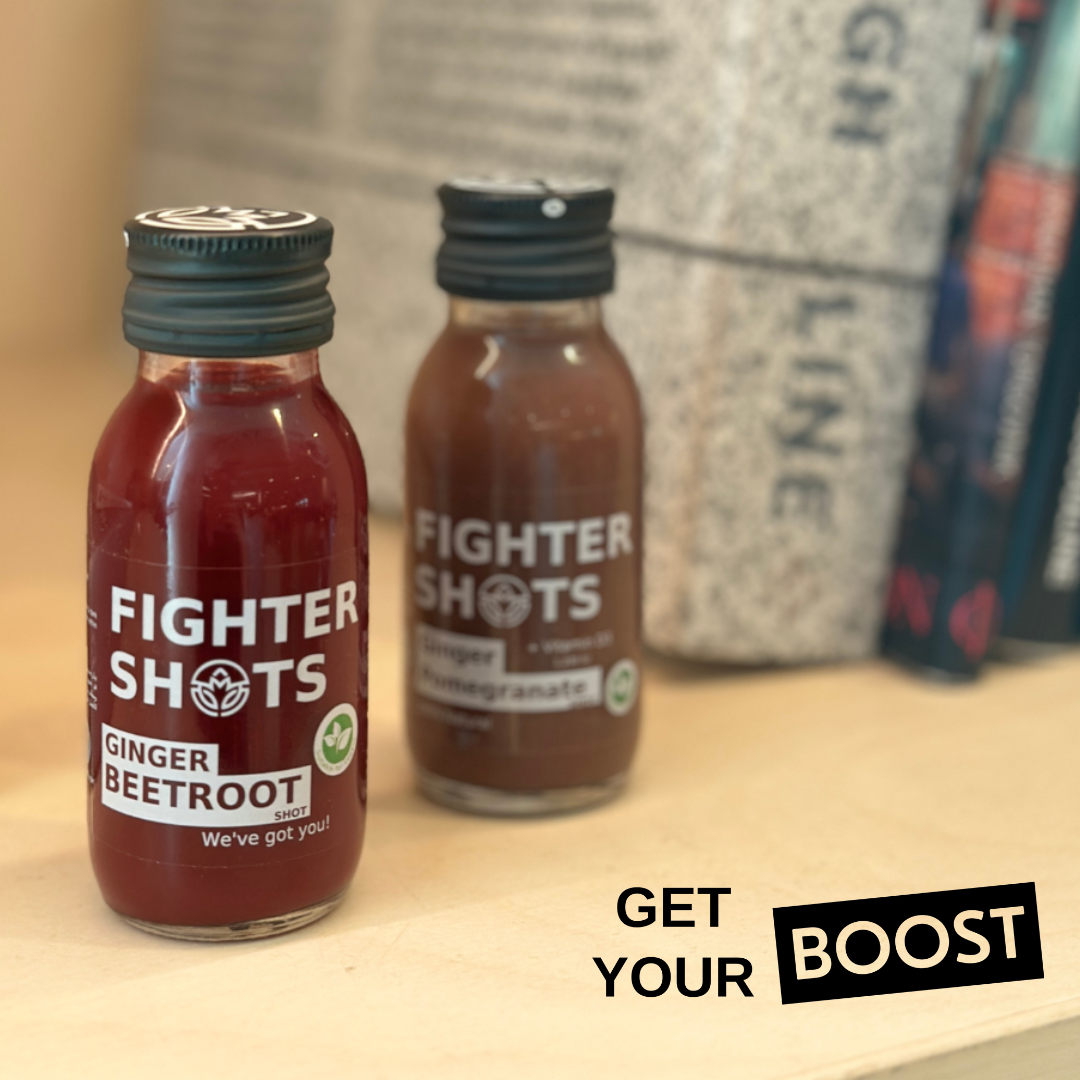
We think about our general plastic wastage, especially in the kitchen - but do you ever wonder just how wasteful your daily beauty routine may be?
According to beatthemicrobead.org, the norm for beauty product packaging is plastic. Annually, the beauty industry worth $500billion, produces more than 120 billion units of packaging globally, with only 9% of all plastic waste being recycled, 12% incinerated and 79% ending up in landfills or the natural environment.
Beauty companies from well-known household names to small, independent brands with sustainability at the heart of everything they do, have been cleaning up their act to tackle beauty’s toxic practices. As consumers, making more conscious choices can continue to drive demand to make sustainability within the beauty industry the norm. Making simple swaps and more conscious choices when shopping for your essentials drives this demand, being kinder to the environment and your wallet over time.
Try out our simple swaps for a greener beauty routine below:
1. Swap shampoo bottles for shampoo bars, and shower gel bottles for a bar of soap
According to sources, 80 billion plastic shampoo and conditioner bottles get disposed of globally on an annual basis. Often, it is unclear to consumers whether these items can be recycled, thus ending up in our bathroom bins and going straight to landfill. Try simply switching to soap and shampoo bars, reducing your personal environmental footprint for the better.
2. Swap cotton pads for reusable bamboo pads
Using cotton pads are an essential part to most beauty routines, especially if you regularly wear make-up. Per beauty routine, we may reach for more than one cotton pad to ensure our skin is clean, without thinking about the potential environmental impact of using them.
According to Resolute Bamboo Care, the majority of single-use cotton pads are non-biodegradable and essentially indestructible. Single-use make up remover pads are made up of a significant amount of plastic, which can take hundreds of years to break down.
Switching to bamboo reusable cotton pads that can be washed and used hundreds of times, is one of the easiest and most effective swaps you can make - better for the environment and your wallet over time.

3. Swap single use packaging for refillables
Refillable beauty is becoming more widely accessible to the mass market, with household names such as The Body Shop launching hair and body care products designed to be refilled. This encourages consumers to buy the original packaging or an aluminium bottle for a one-off cost, and purchase refills which are packaged in materials that have significantly less environmental impact than repurchasing the original product, often at a discounted price as a further incentive. This concept has also trickled down to the fragrance industry, and selected skincare and make-up brands. This isn’t the easiest or most convenient swap to make, but to have it as an option and to be able to incorporate this into your buying habits will make a huge difference over time.
4. Swap cotton buds for bamboo or reusable silicone buds
In the UK alone, it is estimated that we use 1.8 billion, mostly single use plastic, cotton buds every year. High usage and widespread improper disposal, has resulted in the pollution of inland waterways and the marine environment, according to the Cotton Bud Project. Not only is cotton bud pollution widespread, once they are in the ocean, they pose a threat to wildlife and the environment.
Try switching to bamboo cotton buds - most options on the market are made from 100% biodegradable cotton and organically-grown bamboo. You can also try swapping to silicone-based washable ear buds that last up to 4 months at a time - either option can help you to reduce your environmental footprint significantly.
5. Replace your plastic razor for a safety razor with recyclable blades
Disposable plastic razors are not easily recycled because they are made from mixed materials and their sharp nature is hazardous, often clogging up landfill sites. The bulk of a disposable razor is non-biodegradable, meaning that there are billions of pieces of waste ending up in landfills every year. Razor blades will rust away, leaving behind the plastic handles and casing for decades.
Try swapping to reusable safety razors - they are usually made from stainless steel so if it does ever break, it's fully recyclable. There are also safety razors with bamboo stems, which are biodegradable and natural. Reusable safety razors are a great investment in a greener beauty routine that will pay off both environmentally and economically.

6. Try to shop from vegan, organic beauty brands
There are an array of toxic ingredients that are legal and common in many beauty brand’s products. As an everyday consumer, we don’t always know what is toxic as it isn’t common knowledge to us. A vast amount of brands also continue to test on animals.
An alternative to scanning every label of mainstream beauty products, try to swap to brands that have clean beauty and transparency at the heart of their business, with products free-from any ‘nasties’ and cruelty-free. Start by looking out for the widely used ‘leaping bunny’ symbol on packaging which indicates a cruelty-free product, as an effective way to start your greener beauty journey.
7. Swap regular dental floss for biodegradable versions
A majority of conventional dental floss is not recyclable and definitely not biodegradable or plastic-free. Floss is designed for everyday use, and with 30% of Brits flossing daily, shocking amounts of floss end up in landfill. Try swapping to eco-friendly, natural and biodegradable floss alternatives, so you can continue to floss and promote oral health whilst helping the planet and our oceans.
8. Switch to products in recycled, recyclable and reusable packaging
If product refills aren’t for you, look out for products that are made with recycled content but also are recyclable after you use them to keep the materials in circulation. It is also important to rinse out your packaging before putting it in the recycling bin, for a higher chance of it being recycled and kept away from our oceans and landfills. These small changes can really make a big difference.

9. Swap wipes for biodegradable wipes or hot cloths
It is universally known that wipes are not good for your skin, as many contain alcohol that dries out and doesn’t fully cleanse your skin. Wipes are extremely damaging to the environment, with conventional wet wipes taking decades to decompose in landfill, which is why many conscious consumers are swapping to biodegradable wipes that break down a lot more quickly and may even be compostable. If you want to ditch wipes overall, try microfibre make-up removing cloths or muslin cloths that you can wash and reuse.
There still is a lot of work for brands and consumers to do to tackle the climate crisis, but taking small steps towards a more sustainable way of living is key to long term, positive environmental impact. From actively shopping with brands like us at Fighter Shots that have sustainability as a priority through organically and ethically sourcing ingredients and using glass bottles, to simply making an effort to recycle more - collective small changes make a huge impact!
What is the first swap you’ll be making? Share with us on social media at @fightershots on Instagram!










